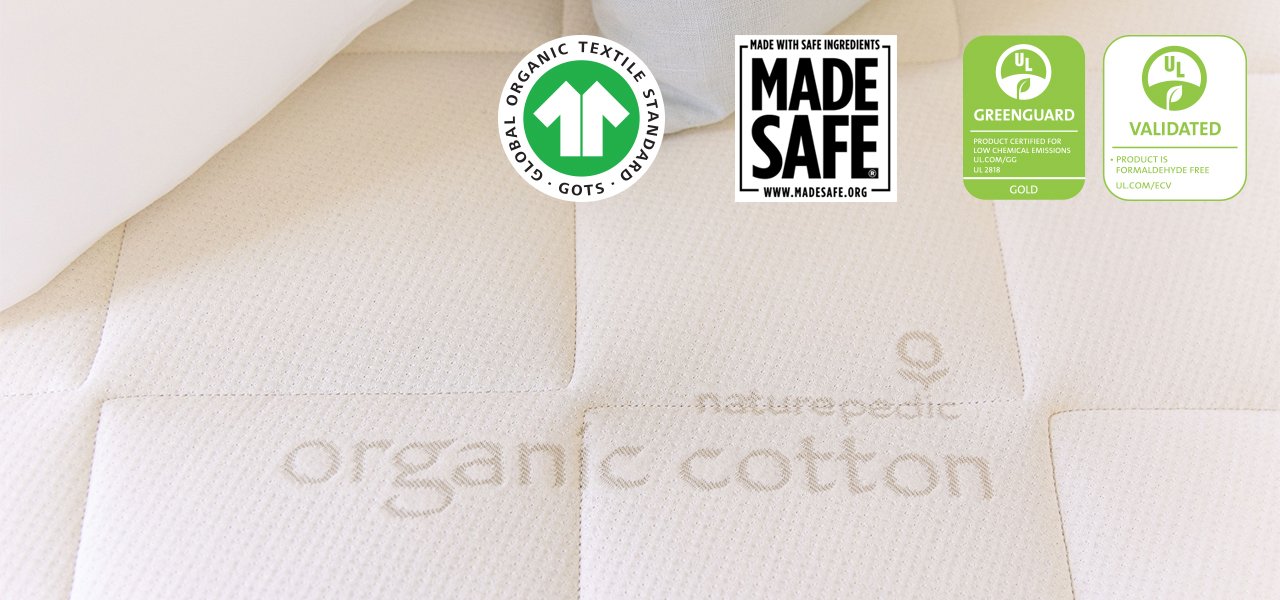There is more and more interest in sustainability throughout the marketplace. There are lots of “sides” to the story. We asked Barry Cik, President of Naturepedic Organic to weigh in on the basics.
Naturepedic certification sample
Question: What Is Sustainability?
Answer: The go-to definition when discussing sustainability is: “meeting the needs of the present without compromising the ability of future generations to meet their own needs”. Alternatively, there are the ‘Three Pillars of Sustainability’, a framework used to describe what sustainable development is. This tool conveys that sustainability consists of environmental, social, and economic factors which are defined as:
• Environmental Sustainability - perhaps the most obvious of the three pillars, as it symbolizes the importance of things like natural resources and biodiversity to support life on Earth.
• Social Sustainability - places importance on social structures, well-being, and harmony; all factors that poverty, wars, and injustices can affect.
• Economic Sustainability - describes the ability of an economy to grow. This is especially important in today’s societies, at a time when many sustainable initiatives require financing and a strong economic rationale.
Ultimately, sustainability is discussed in the context of environmental health, human health, and manufacturing consumer products without the use of toxic chemicals and without creating waste that cannot be re-used for other purposes. So,
Question: How does a customer find sustainable products?
Answer: Look for the standards that the products meet and look for the certifications that the manufacturer or brand has received. This link will take you to a list of organizations that provide standards and certifications that can be used to spot products which are sustainable or at least are doing the best that is possible with state-of-the-art technology.
The Specialty Sleep Association assembled a glossary of “green” terms for its Bedfax program which is a helpful resource for this discussion. Find it here: Glossary of Terms Frequently Used in Environmental Marketing Claims

